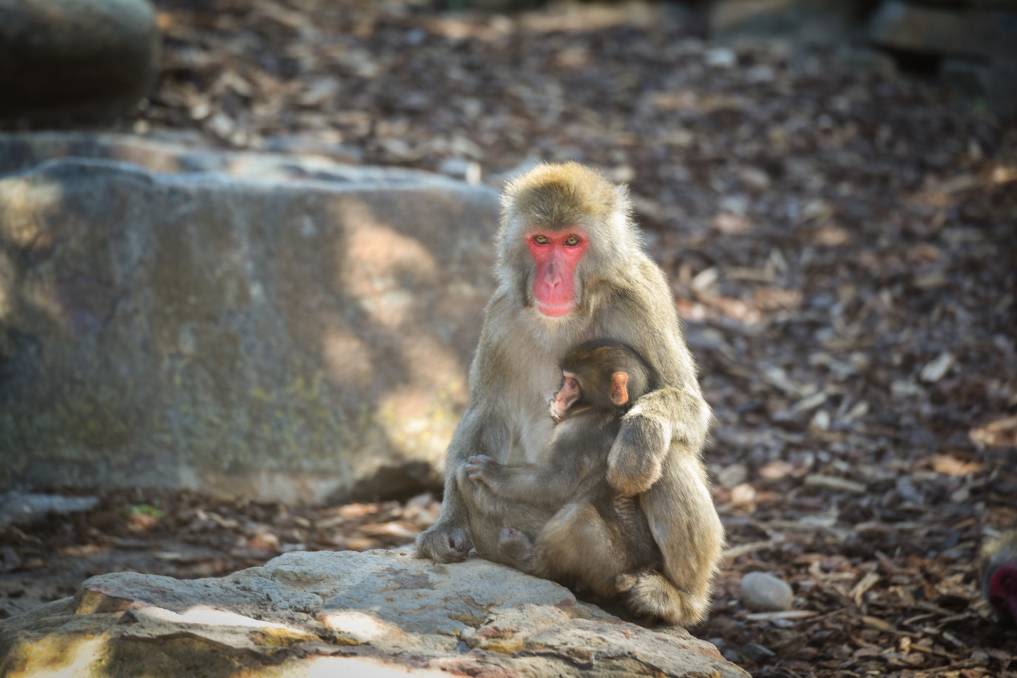Self-awareness

Who are you?
Understanding yourself as an individual and being self-aware helps when contemplating your career, when making career related decisions and when setting your goals. It also helps you to flourish, grow and be happy in your work!
But what is self-awareness exactly? To sum it up briefly, it’s the conscious knowledge and understanding of your character and feelings, and how you respond to situations, environments, people and times of high or low stress.

Anna's tips for developing self-awareness
Self-awareness involves getting an understanding of our thoughts, behaviours, values and beliefs. This can help to figure out where you'd like to work, what you'd enjoy and how you can work with others and is also great for your own well-being and helping you to build confidence.
You can improve your self-awareness by:
- Being mindful. Notice what you are doing when you are feeling energised and excited. Is this connected to your strengths? Notice when you're feeling stressed. Why?
- Write down your thoughts and ideas so that you can look back and reflect.
- Get different perspectives. Ask for feedback from others. What do they think you do well? What do they think you could improve?

From a careers perspective, being conscious of your strengths and interests, what motivates you, your values and beliefs all work together to help you to feel happy and successful in your career. That's because your choices will be in line with how you feel and what you want, which will help you shape your career in a meaningful way.
Activity
What do you want in your career?
Have a look at this worksheet (download by pressing the button in the top right corner) and use it to reflect on your motivations, lifestyle preferences, strengths and interests. Save a copy so that you can refer back to it as you progress through your degree. You might find that your answers change over time.

What are Values?
Values are ideas or beliefs that are incredibly important to you. Some values, often know as your core values, are so important that they motivate you throughout your life and guide you with your decision making. Living within your values is often really energising whereas working against your values can be depleting and make you feel really uncomfortable. For this reason, getting an understanding of your values can help you with all of your big choices.
Here is a great list of values from Brené Brown to get you thinking about your own values.

All individuals have their own set of values but a lot of groups have values as well. Your family might have a clear set of values in common that determines how you communicate with each other and how you live together. Similarly workplaces generally operate under a set of values as well that manifest in the ways that people behave as well as the priorities of the organisation. Sometimes an organisation will advertise its company values in a job advertisement or on its website in order to make expectations clear to employees and attract new workers that fit with their culture. You are much more likely to enjoy a job where your values fit with those of the organisation that you work for. Doing some research about this and articulating in a job application how your own personal values fit with an organisation's values can also really make you stand out from the pack.


Why?
By understanding why you feel the way you do about these things, you start to uncover some of your uniqueness. This can aid in career decision making; like deciding on the types of jobs or industries that you might like to work in. Have a look at this Ted talk to find out more about the why.
In this talk, Simon refers to the fact that it is easier to sell products when companies can articulate what they value and why they are different to their competitors. Similarly, knowing why you make your career decisions can help you to market yourself to employers.
Self-awareness is a life-long journey and it can be great to test your own self knowledge by trying out new and different things. Essentially, the more you know and understand about yourself the better your decision making process will be, as you will have a greater appreciation of what you get the most energy and enjoyment from. Your self-awareness will grow naturally as you have different experiences but there are a lot of things you can do to speed up the process, particularly if you want to be able to talk about yourself clearly in a job application or interview.

Check out more ways to explore your self-awareness
Interesting articles:
- The Importance of Self Awareness for Graduates. (Career Industry Council of Australia)
- How to Become Self Aware. (Reach Out)
Take an assessment:
An assessment is generally a series of questions that you answer about yourself and the results are compiled by an algorithm in order for you to get helpful advice or suggestions. Some tell you your strengths and weaknesses, some recommend things that you might enjoy or struggle with. Employers can sometimes use assessments to get an idea of who you are and how you might fit in with an existing team.
The important thing to remember about assessments is that they are not an exact science! You might find that some of them feel really accurate and true to how you see yourself and some feel really off. Everyone is different so you might like to try a couple and see what comes up. Assessments can be useful to learn about yourself, help give you the language to articulate your strengths, weaknesses or work style or can assist you to understand how others might see you.
Often people will change over time as they try out different things and grow their life experience so even if you have done some of these before, they might be worth revisiting!
- Self Directed Search is a career exploration tool that matches your preferences with potential occupations. While it is a reliable and well researched assessment, it is always best to consult a Career Adviser to help interpret the results.
- Myers Briggs Type Indicator is a tool that helps you identify your personality traits and how they can influence your decisions, behaviours and strengths. Try the 16 Personalities Test
- Career Quiz on Job Outlook
- VIA Character Strengths
- Barrett's Values
- Strengths Profile
- Truity - Big Five Personality Test



Learning outcomes:
- Students begin to identify their values, motivations, strengths, areas for development, interests and work preferences.
- Students incorporate elements of self- awareness into their career decision making.
- Students identify the link between their personal preferences, traits and work satisfaction.
Something not quite right? Let us know: Career.Connect@utas.edu.au
Images contained within this module are the property of the UTAS Careers Team and the creative director Sybylla Anderson.
All work has been created by the Student Extension & Employability Careers & Jobs Team. Any questions can be directed to the creators, Careers & Leadership Education Advisors.
